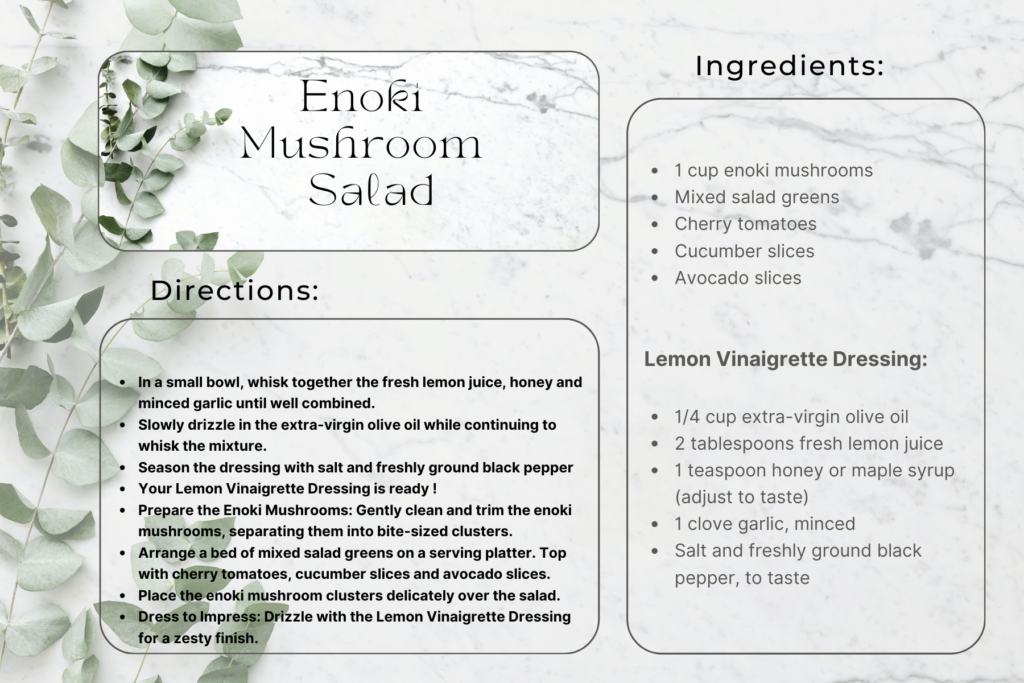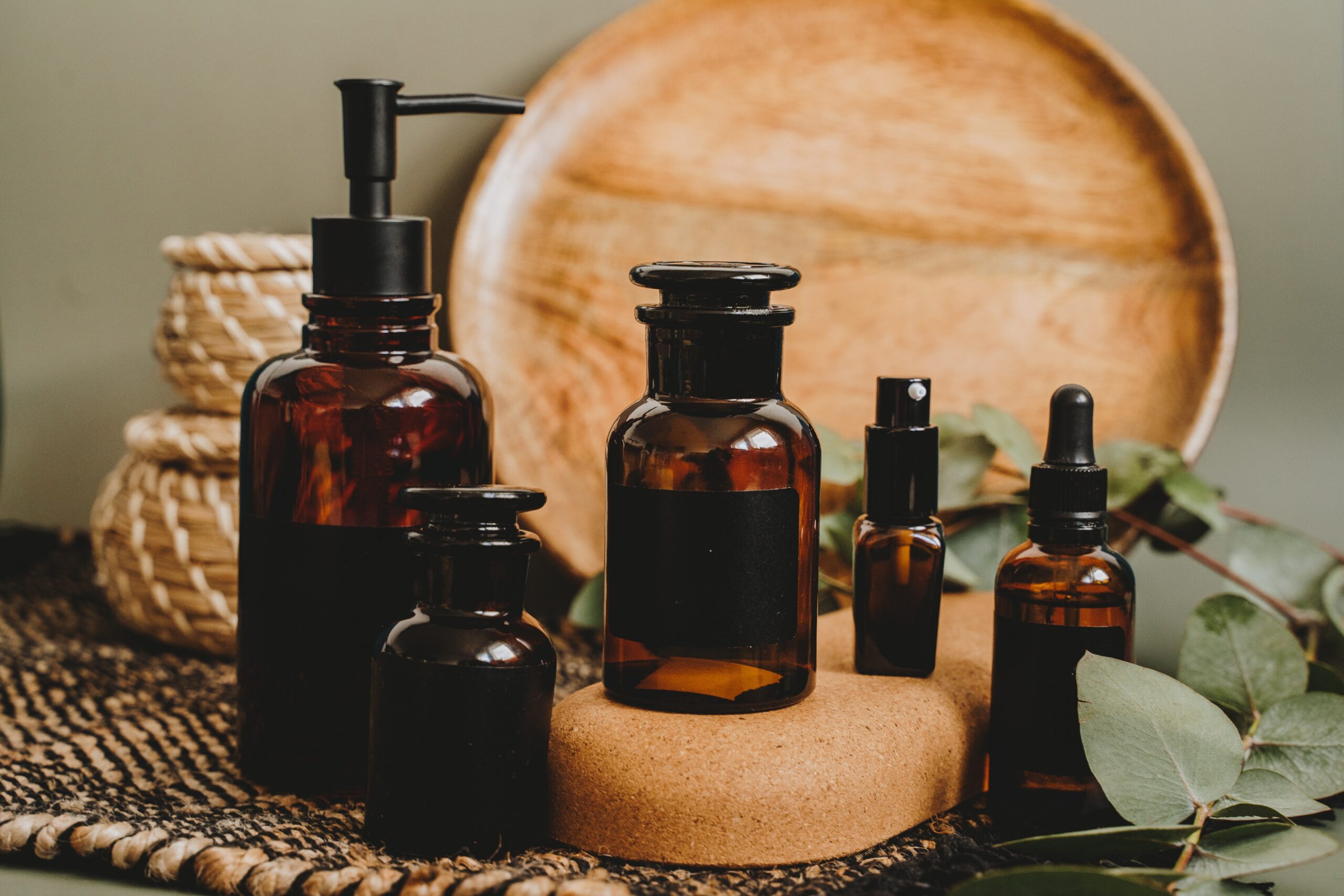Lemon Balm Tincture
Ingredients:
1 cup fresh lemon balm leaves
1 cup vodka or rum
Instructions:
Chop the lemon balm leaves and place them in a clean glass jar. Pour vodka or rum over the leaves, covering them completely.
Seal the jar tightly and store in a cool, dark place for 4-6 weeks. Strain the liquid into a dropper bottle.
Take 1-2 dropperfuls (about 30-60 drops) in water 2-3 times daily for mood support.
You can get these flowers in bulk or in tea bags, which might be easier for some. And if, as a rule, you are a coffee drinker rather than tea, bags may be the best way to start when adding this medicinal drink to your wellness program.
Lemon Balm
Lemon balm (Melissa officinalis) has a rich history dating back thousands of years. The use of lemon balm as a medicinal herb can be traced back to ancient civilizations such as the Greeks and Romans. In the Middle Ages, lemon balm gained popularity in European monastic gardens and was cultivated for its aromatic and therapeutic properties. The name “Melissa” is derived from the Greek word for honeybee, highlighting the herb’s attraction to bees due to its sweet scent.
Lemon balm tinctures, concentrated liquid extracts of lemon balm, have been used traditionally to harness and preserve its medicinal benefits. The tincture preparation involves macerating lemon balm leaves in alcohol, usually ethanol, to extract its active compounds. Lemon balm tinctures have been valued for their calming, mood-stabilizing, and digestive properties, making them a popular choice in herbal medicine practices throughout history.
Today, lemon balm tinctures continue to be used as a natural remedy for various ailments, including anxiety, sleep disturbances, and mood imbalances, reflecting its enduring significance in herbal medicine.
Article Continues Below
Lemon Balm Tincture
For women seeking a complementary self-care product to enhance their holistic wellness, I recommend the Lemon Balm Herbal Tea. This soothing tea offers a convenient and enjoyable way to incorporate the calming benefits of lemon balm into a daily wellness routine. The tea is crafted from high-quality lemon balm leaves, providing a delightful infusion that can be savored at any time of the day. Check It Out!
Read Our Affiliate Disclaimer
Lemon Balm Tincture
Article Continues Below
Benefits of Lemon Balm for Mood Support
Lemon balm (Melissa officinalis) is an herb known for its calming and soothing properties. Lemon balm tincture, a concentrated liquid extract of lemon balm, is believed to have several medicinal effects that can be beneficial for individuals with ADHD, bipolar disorder, and rejection sensitive dysphoria. Here are some of its potential effects:
Calming and Relaxing: Lemon balm has been traditionally used as a natural remedy for anxiety and stress. Its calming properties may help reduce feelings of restlessness, promote relaxation, and alleviate symptoms of anxiety often experienced by individuals with ADHD, bipolar disorder, or rejection sensitive dysphoria.
Mood Stabilization: Lemon balm has been studied for its potential mood-regulating effects. It may help balance neurotransmitters in the brain, such as serotonin and dopamine, which play a role in mood regulation. By promoting a more balanced mood, lemon balm tincture may provide relief from mood swings and emotional fluctuations associated with bipolar disorder and rejection sensitive dysphoria.
Improved Cognitive Function: ADHD is characterized by difficulties with attention, focus, and cognitive performance. Lemon balm may have cognitive-enhancing effects, potentially improving attention and focus. It may also help reduce hyperactivity and impulsivity, making it a potential complementary approach for managing ADHD symptoms.
Sleep Aid: Many individuals with ADHD, bipolar disorder, or rejection sensitive dysphoria often struggle with sleep disturbances. Lemon balm tincture is known for its sleep-inducing properties and may help improve sleep quality. Better sleep can have a positive impact on mood stability, cognitive function, and overall well-being.
Antioxidant and Anti-inflammatory Effects: Lemon balm contains compounds with antioxidant and anti-inflammatory properties. These properties may help protect the brain against oxidative stress and inflammation, which can contribute to the progression of mental health conditions. By reducing inflammation and oxidative damage, lemon balm tincture may support overall brain health.
It’s important to note that while lemon balm tincture is generally well-tolerated, individual responses may vary, and it may interact with certain medications. It’s advisable to consult with a healthcare professional before incorporating lemon balm tincture or any herbal remedy into your routine, especially if you have specific health conditions, are taking medications, or are pregnant or breastfeeding.
As with any natural remedy, the effects of lemon balm tincture may be more pronounced when used as part of a comprehensive treatment plan that includes lifestyle modifications, therapy, and appropriate medical care.
You might also be interested in Lavender Bath Salt you can easily make at home to enhance relaxation.
The Properties of Lemon Balm
The properties of lemon balm work in the human brain through various mechanisms. Lemon balm contains several bioactive compounds, including rosmarinic acid, flavonoids and terpenes, which contribute to its effects on the central nervous system. These compounds interact with receptors and enzymes in the brain, influencing neurotransmitter activity and modulating various pathways. Lemon balm has been shown to increase the availability of gamma-aminobutyric acid (GABA), a neurotransmitter that promotes relaxation and reduces anxiety. By enhancing GABAergic activity, lemon balm can have calming and sedative effects on the brain.
Additionally, lemon balm may inhibit the enzyme acetylcholinesterase, which breaks down acetylcholine, a neurotransmitter involved in memory and cognitive function. By modulating acetylcholine levels, lemon balm may enhance cognitive performance and memory. Furthermore, lemon balm’s antioxidant properties help protect brain cells from oxidative stress and reduce inflammation, which can contribute to improved brain health and overall cognitive function. These combined mechanisms work synergistically to support a calm, balanced mood, reduce anxiety and promote cognitive well-being.
The lemon balm plant possesses several notable properties that contribute to its therapeutic value. Here are some of the key properties associated with lemon balm:
Calming and Relaxing: Lemon balm is well-known for its calming effects on the nervous system. It contains compounds that interact with neurotransmitters in the brain, such as GABA, which help promote relaxation and reduce anxiety and stress.
Mood Regulation: Lemon balm has been traditionally used as a mood enhancer and may help stabilize mood. It is believed to modulate the activity of certain neurotransmitters, such as serotonin and dopamine, which play a crucial role in regulating emotions and mood.
Antioxidant: Lemon balm contains various antioxidants, including rosmarinic acid, flavonoids, and phenolic compounds. These antioxidants help protect cells from damage caused by harmful free radicals, reducing oxidative stress and inflammation in the body.
Antiviral: Lemon balm possesses antiviral properties, particularly against certain strains of herpes viruses. It has been studied for its potential use in managing viral infections, including cold sores caused by the herpes simplex virus.
Digestive Support: Lemon balm has been traditionally used to aid digestion and alleviate digestive discomfort. It can help relax the smooth muscles of the digestive tract, promoting smoother digestion and reducing symptoms like bloating and cramping.
Cognitive Enhancement: Lemon balm is believed to enhance cognitive function, including memory and concentration. It may improve cognitive performance by modulating acetylcholine levels, a neurotransmitter involved in learning and memory processes.
Sleep Aid: Lemon balm has mild sedative properties, making it useful for promoting relaxation and improving sleep quality. It can help alleviate insomnia, reduce restlessness, and facilitate better sleep patterns.
Antimicrobial: Lemon balm possesses antimicrobial properties that can help inhibit the growth of certain bacteria and fungi. It may have applications in topical treatments for skin infections or oral health.
Overall, the lemon balm plant exhibits a diverse range of properties that contribute to its traditional and contemporary uses in herbal medicine. These properties make lemon balm a versatile herb for supporting mental well-being, promoting relaxation, improving mood, aiding digestion, and offering potential antiviral and cognitive benefits.
Cautions to Consider
While lemon balm is generally safe for most people, there are a few cautions to consider when introducing it into your diet:
Allergies: Some individuals may be allergic to lemon balm or other plants in the Lamiaceae family, such as mint or basil. If you have known allergies to these plants, it’s advisable to exercise caution and monitor for any allergic reactions when consuming lemon balm.
Interaction with Medications: Lemon balm may interact with certain medications, including sedatives, thyroid medications, and antiviral drugs. It’s important to consult with a healthcare professional if you are taking any medications to ensure there are no contraindications or potential interactions.
Sedative Effects: Lemon balm has mild sedative properties and can cause drowsiness in some individuals, particularly when consumed in higher doses. If you are operating machinery, driving, or engaging in activities that require alertness, it’s best to be cautious and avoid excessive consumption of lemon balm.
Pregnancy and Breastfeeding: There is limited research on the safety of lemon balm during pregnancy and breastfeeding. It’s advisable to consult with a healthcare professional before using lemon balm if you are pregnant, planning to become pregnant, or breastfeeding.
Surgery: Lemon balm might interfere with blood sugar control and anesthesia during surgery. It’s recommended to stop using lemon balm at least two weeks before a scheduled surgery.
It’s important to note that individual responses to lemon balm may vary, and it’s always advisable to consult with a healthcare professional before incorporating it into your routine, especially if you have specific health conditions, are taking medications, or have concerns regarding its use.
Note: As with any dietary changes or herbal remedies, it’s best to practice moderation and listen to your body’s response. If you experience any adverse reactions or have concerns, it’s recommended to discontinue use and seek medical advice.
Disclaimer: The information and/or products mentioned in this article are provided as information resources only and are not to be used or relied on to diagnose, treat, cure or prevent any disease. The statements made in this article have not been evaluated by the Food and Drug Administration. Any products mentioned are not intended to diagnose, treat, cure, or prevent any disease, but rather to be considered as an informational resource only to encourage critical thinking and personal research. The information in this article is intended for educational purposes only. The information is not intended to replace medical advice offered by licensed medical physicians. Please consult your doctor or health care practitioner for any and all medical advice.






